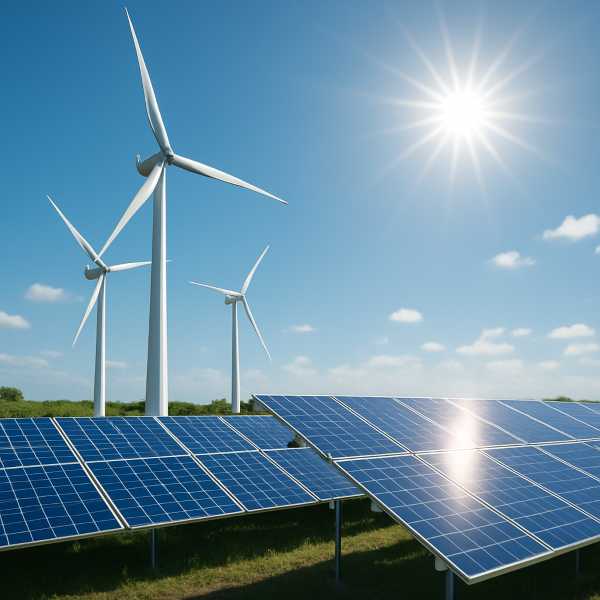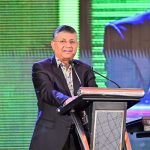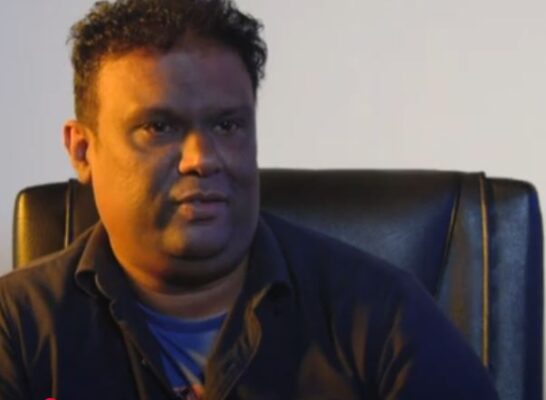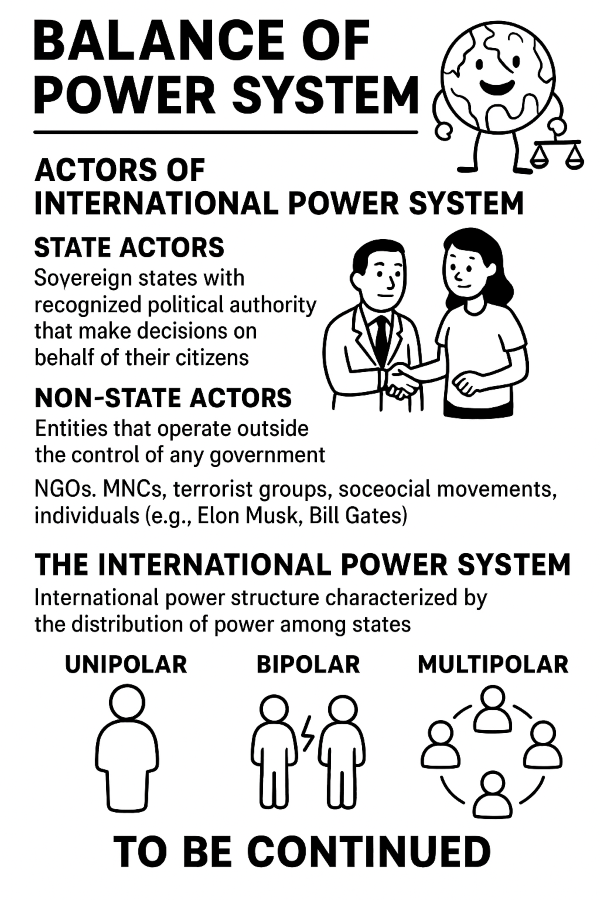Embark on ‘Wind power’ after reaching near saturation point with low cost ‘Solar power’ – By Bernard Fernando.
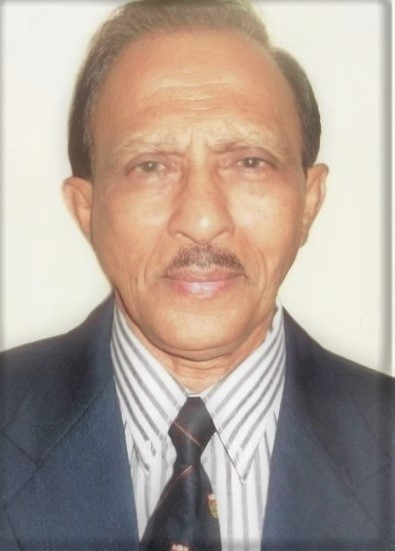
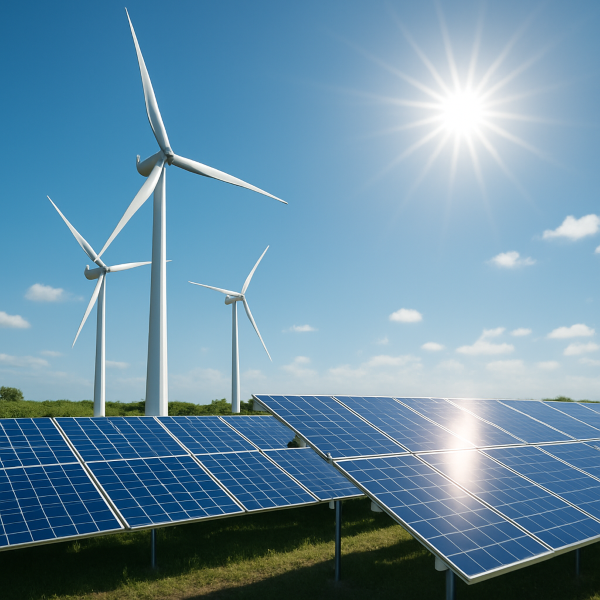
The writer noted with concern, a recent news item in the press alluding to 3 wind farm projects in Mannar –Mullikulam area highlighting the following facts.
- Tenders have been called for a 100 megawatt wind farm project already planned before the new Govt. came in to power.
- An agreement has been signed with Hayleys –Fentons for a wind power project to purchase electricity at a minimum unit price of USD 4.65.
- Mannar islanders have staged a massive protest against destructive development activities including harmful wind power projects affecting both environment and local communities
The writer has already drawn the attention of decision makers and the readers with a comparison of Cost, Social and Environmental benefits of Solar power and Wind power through an AI generated document that appeared in the press in April 2025 under the title ‘’CEB proposed wind farm facilities in Mullikulam: A response”
Since Sri Lanka is a developing, small Island Country grappling with scarce foreign exchange and high cost of Power and energy, it is crucial for the decision makers to primarily consider the critical ‘unit cost’ and Unit Price affecting Electricity tariff of all SriLankan consumers, when evaluating Dollar guzzling Power projects. Thus, it is pertinent to restate the cost aspect as mentioned in the AI document which reads as follows.
Levelized Cost of Energy (LCOE)
- Solar Power:
o The LCOE for solar is typically lower than that of wind in some regions (especially sunny areas) because of lower installation and maintenance costs.
- Wind Power:
Wind is generally more cost-effective in areas with high and consistent wind speeds. The LCOE of wind can be competitive, especially for larger installations or in regions with favorable wind conditions.
More importantly, the fixing of ‘Unit Price’ under Build Operate and Own (BOO) and Build Operate and transfer(BOT) Projects could be a grueling exercise involving other factors and several arguable variants such as Mark up, Good will, Geo-politics ,Indirect benefits and Ulterior motives etc.
The AI document has concluded as follows.
- “Cost: Solar tends to have lower upfront costs for small-scale systems and lower maintenance costs, but the cost-effectiveness of both solar and wind varies by location.
-
- Wind may be more cost-effective at a larger scale in areas with high wind speeds, but offshore wind can be more expensive.
- Social Benefits:
- Both technologies create jobs and promote energy security. Solar has an edge in providing energy access in remote areas, while wind can benefit rural communities with larger-scale installations.
- Environmental Benefits:
- Both technologies have low carbon emissions during operation and can co-exist with land use. Wind may have a higher wildlife impact than solar, but both technologies have minimal water usage and contribute to reducing dependence on fossil fuels.
- (Writer’s Note: Mannar Island, is home to millions of migratory birds)
Ultimately, the best choice depends on specific geographic and environmental conditions, as well as the scale of the installations.”
Having read the Pros and Cons in the AI document, the writer’s considered opinion is – the issue of SCALE will largely affect the feasibility of wind power in the long run for a small island Country like Sri Lanka.
Finally, the writer leaves the sensible Policy/Decision makers, Experts and the readers of this article to justify its caption and take the necessary steps to resolve issues such as smart Grid and storage while embarking on producing exportable ‘Green Hydrogen’ using excess renewable energy as recently highlighted by an eminent panel of academics and experts on the subject of renewable energy sources.
Bernard Fernando
Moratuwa
Email: fernadobernard81@gmail.com



